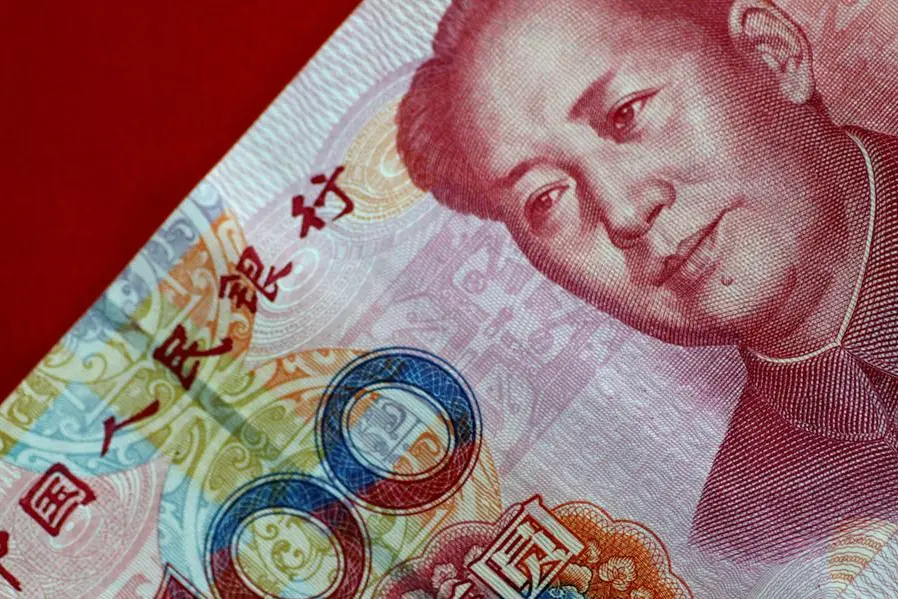PHOTO
The prospect of yuan-based oil trade between Saudi Arabia and China faces significant challenges and may take decades to achieve substantial scale, according to S&P Global.
However, deepening bilateral ties and aligning long-term interests between Beijing and Riyadh may help facilitate the process.
The recent talks of China paying for Saudi oil in renminbi led to expectations that China’s massive purchases from the kingdom could shift more of their trade using yuan.
However, the renminbi is not widely used in international trade and finance, which presents challenges. There are limited outlets for spending these proceeds, and accumulating such inflows could incur substantial costs and raise currency risks.
Consequently, the use of the yuan remains limited in Saudi-China oil trade, despite Riyadh’s willingness to engage in discussions and Beijing’s efforts to promote the currency, the rating agency said.
Rising China-Middle East trade
China’s rapidly growing trade with the Middle East, however, underpins the long-term potential for broader renminbi adoption by Gulf nations.
Over the past two decades, China’s trade with the region has more than tripled. Beijing’s imports from the Middle East surged to $217 billion, while exports increased to $169 billion between 2009 and 2023.
Saudi Arabia has kept pace with this growth and remains China’s largest trading partner in the Gulf.
The share of oil in China’s imports from Saudi Arabia has steadily increased from two-thirds a decade ago to 84% last year. Meanwhile, Riyadh’s trade surplus with Beijing has expanded from lows of $5 to $10 billion in 2015-2016 to as much as $20 to $40 billion over the past three years.
“If Saudi-China oil trade were fully conducted in renminbi, it would be challenging to hold, spend, or convert the resulting tens of billions of petroyuan through existing bilateral or international channels,” said S&P.
As a result, despite booming trade between the two nations, the yuan has made limited progress as a significant currency for oil settlement, the report said.
(Editing by Seban Scaria seban.scaria@lseg.com)





















